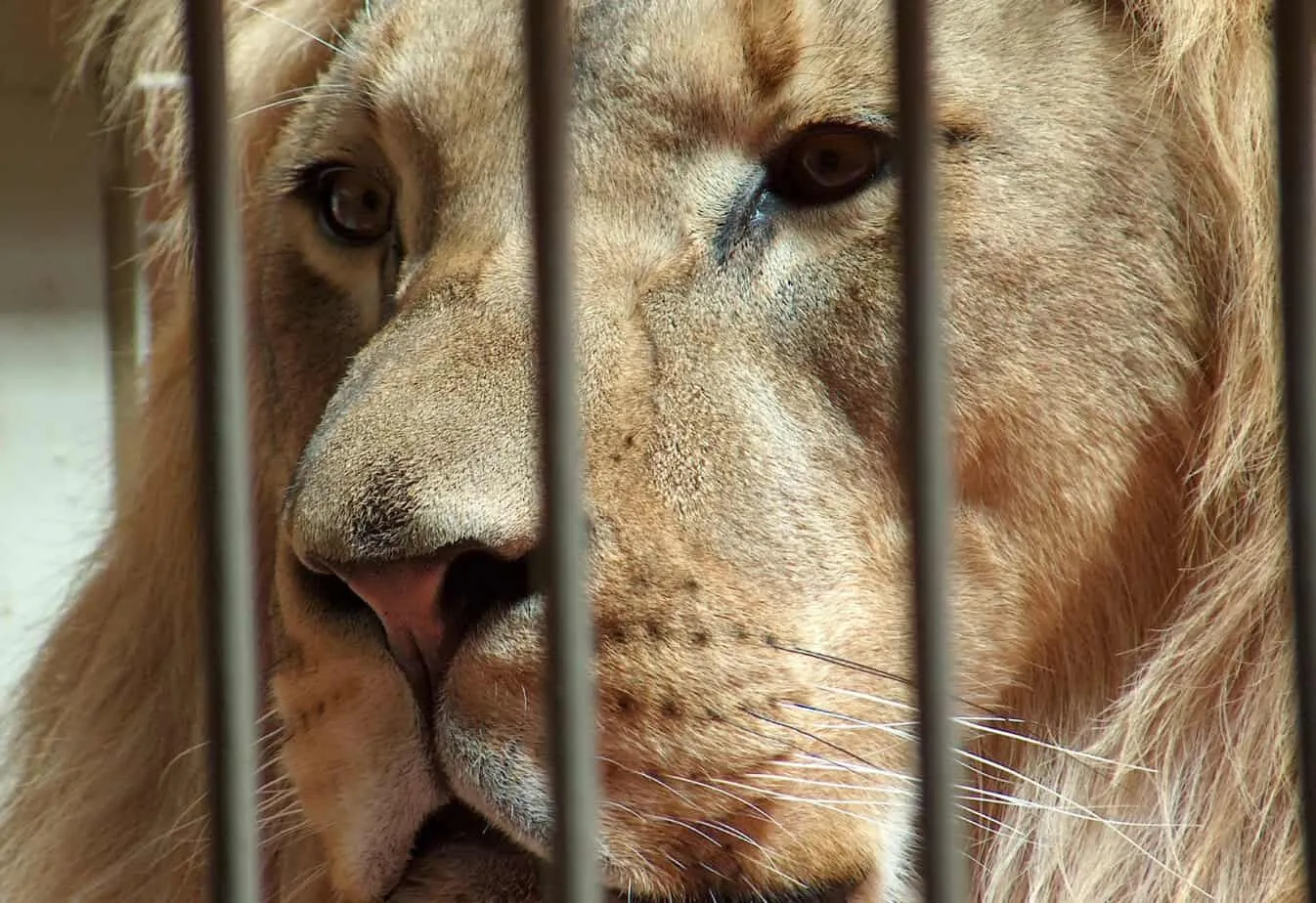
A 15-year-old Asiatic lion named Pataudi died from H5N1 avian influenza at Kanpur Zoo in India. The lion was 15 years old.
The National Institute of High Security Animal Diseases (NIHSAD) confirmed the infection after analyzing samples from the lion’s liver, intestines, and saliva.
The tiger was transferred from Gorakhpur Zoo to Kanpur Zoo on May 11 for medical treatment. His health deteriorated shortly after the death of a female tiger named Shakti. She died from bird flu on May 7 at Gorakhpur Zoo.
Following Pataudi’s death, a peacock was found dead on the zoo premises, raising further concerns about the spread of the virus.
The two zoos, the Lucknow Zoo and Etawah Lion Safari, have been closed to the public until May 20. Veterinary teams are doing daily health checks on animals, especially big cats and birds.
Areas within a 10-kilometer radius of the zoos are under surveillance for unusual bird deaths, and nearby farms have been alerted to enhance biosecurity measures.
A detailed report of Pataudi’s case has been shared with other zoos across India to raise awareness and implement preventive actions.
H5N1 bird flu in big cats
H5N1 avian influenza, commonly known as bird flu, is a highly pathogenic virus that primarily affects birds but has also been documented in other animals like big cats.
Infections in lions, tigers, and leopards have been associated with severe respiratory distress, pneumonia, and neurological symptoms.
Transmission often occurs through eating infected birds or exposure to contaminated environments.
How H5N1 bird flu emerged and spread
H5N1 bird flu was first identified in 1996 on a goose farm in Guangdong, China. While the virus naturally exists in wild birds, it became a significant global threat when it entered commercial poultry farms.
In these crowded and stressful environments, the virus had more opportunities to mutate into a highly pathogenic form.
Experts believe that the conditions in factory farms, where large numbers of birds are kept in close quarters, facilitate the rapid spread and evolution of viruses like H5N1.
Support The Animal Reader – Daily Animal News
The Animal Reader is an independent animal news platform based in the Netherlands. We need your support to grow our platform that focuses on animal-related issues across the globe.







